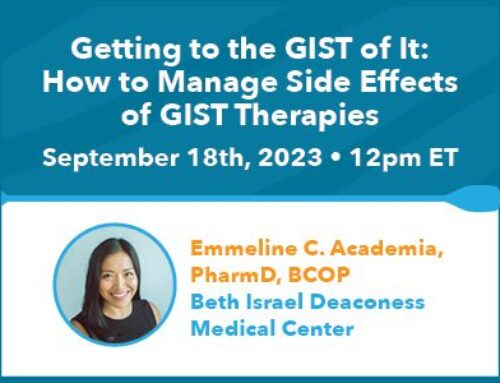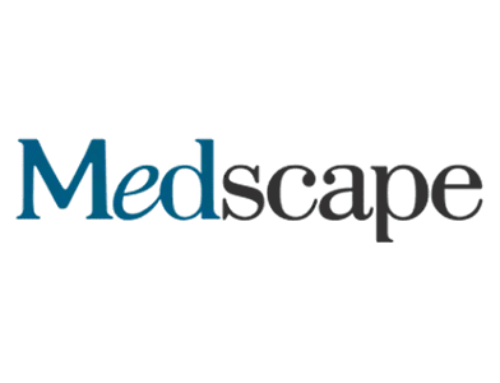 The heart is at the center of the cardiovascular system, the main function of which is to pump blood throughout the body, providing tissue and organs with the oxygen and nutrients they need. To ensure that the body has all the nutrients to stay healthy, the heart has to function properly and efficiently. Cardiovascular disease generally refers to conditions where narrowed or blocked blood vessels can lead to chest pain (angina), heart attack or stroke. There are other types of heart conditions that affect the heart’s valves, rhythm or muscle. The most common types of heart disease are hypertension (high blood pressure), stroke and coronary artery disease. According to the American Heart Association, heart disease is the leading cause of death in the world, accounting for 17.3 million deaths a year. There are many risk factors for developing heart disease, including high blood cholesterol, diabetes, obesity, family history of heart disease, smoking and being over the age of 65. Additional risk factors are specific to GIST patients.
The heart is at the center of the cardiovascular system, the main function of which is to pump blood throughout the body, providing tissue and organs with the oxygen and nutrients they need. To ensure that the body has all the nutrients to stay healthy, the heart has to function properly and efficiently. Cardiovascular disease generally refers to conditions where narrowed or blocked blood vessels can lead to chest pain (angina), heart attack or stroke. There are other types of heart conditions that affect the heart’s valves, rhythm or muscle. The most common types of heart disease are hypertension (high blood pressure), stroke and coronary artery disease. According to the American Heart Association, heart disease is the leading cause of death in the world, accounting for 17.3 million deaths a year. There are many risk factors for developing heart disease, including high blood cholesterol, diabetes, obesity, family history of heart disease, smoking and being over the age of 65. Additional risk factors are specific to GIST patients.
GIST patients should keep in mind the risks that are associated with the medications they are on. The most common drugs for GIST patients, Gleevec, Sutent and Stivarga, are all Tyrosine Kinase Inhibitors (TKIs). Tyrosine kinase plays a critical role in activating signaling pathways that regulate cell growth, differentiation, metabolism, migration and programmed cell death. In cancers, there is a dysregulation of this signaling pathway, leading to proliferation of cancerous cells and/or preventing the cells from undergoing programmed cell death. TKIs inhibit several of these tyrosine kinases, which target the cancer cells and prevent them from dividing, but sometimes they may also target healthy cells.
Gleevec
Imatinib mesylate (Gleevec) targets several tyrosine kinases, such as Abl, KIT, and PDGFRs. It was found that inhibition of the Abl appeared to be the cause of cardiotoxicity. Although uncommon, cardiac issues have been reported in patients taking Gleevec. Examples include congestive heart failure and left ventricular dysfunction. Although they were reported in only 0.7% of patients, it is something to be aware of especially for people already with heart disease or risk factors. (Source: Novartis Oncology: Gleevec Prescribing Information)
Sutent
Sutent is a potent inhibitor of VEGF, which is a protein that stimulates the growth of new blood vessels. Inhibiting the VEGF pathway is promising in cancer treatment. However, it has been linked to a rapid onset of hypertension and other cardiac issues. Patients should monitor their blood pressure while on Sutent and should be treated as needed. Other cardiac issues that have been reported are heart failure, cardiomyopathy and heart attack. It is recommended that patients who are at risk of having a history of these issues should take Sutent with caution and discuss treatment with their oncologist and cardiologist. (Source: Pfizer: Sutent Prescribing Information)
Click here to watch a video on Sutent and its potential cardiovascular effects
Stivarga
Another VEGF inhibitor, Stivarga, is also known to cause an increased incidence of hypertension. The onset of hypertension typically occurs during the first cycle of treatment. Stivarga should not be started unless blood pressure is adequately controlled. It is also advised to monitor blood pressure weekly for the first six weeks of treatment and then during every cycle, unless there is clinical evidence to monitor more frequently. (Source: Bayer: Stivarga Prescribing Information)
No matter which drug you are on, your physician should be notified if cardiac side effects become more severe to determine if the drug should be discontinued until they are controlled and a management plan is in place.
Although GIST medications may put you at an increased risk of heart disease, there are several proactive ways to prevent heart disease:
Maintain a normal blood pressure of less than 120/80 mmHg. According to the American Heart Association, prehypertension is blood pressure that is consistently ranging between 120-139/80-89 mmHg. Blood pressure above 140/90 mmHg is considered hypertension.
Be physically active. To maintain overall cardiovascular health, it is recommended to exercise at a moderate intensity for a total of 150 minutes per week. Moderate-intensity exercise can include walking, riding a bike at a slow pace, or ballroom dancing.
Eat a heart healthy diet. The DASH (Dietary Approach to Stop Hypertension) Diet is an excellent way to prevent heart disease. This diet focuses on eating more foods that are rich in potassium, magnesium and calcium, such as fruits, vegetables, and low-fat dairy foods; and cutting back on foods that are high in sodium, saturated fat, cholesterol, and trans fat.
The chances of developing heart disease can be lessened with proper precautions. One of the most important tests to detect heart disease is monitoring blood pressure. Keeping track of any changes and discussing any risks you may have for developing heart disease with your doctor will help in developing a preventative strategy. Other routine tests to monitor heart health include checking blood cholesterol and triglyceride levels.
It is never too early to take preventative measures and make some lifestyle changes. As a GIST patient, it is vital to take active steps to improve your overall health.




